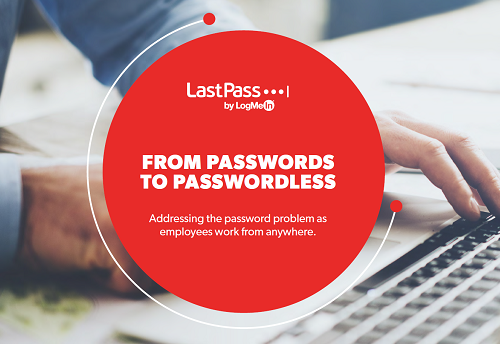The problems with passwords are still an ongoing struggle. Undoubtedly, managing passwords is still taking up time that could be spent elsewhere by you and others in your organization. They’re causing a lot of headaches and frustrations for your IT department and organization’s employees alike. Security issues might be the core of that headache for you and your IT team, but it’s the lack of convenience and ease of use that employees care about.
It’s clear that change is long overdue.
In a world where work from anywhere is the norm, this change is even more crucial. Speaking with IT and security professionals during a time of radical change for all, one thing is clear: secure identity is important, no matter where you’re working.
You need a solution that is twofold, which maintains absolute passwords security and eliminates those irritations for employees all in one.
So, is passwordless authentication a realistic solution that your business can use to address the password problem once and for all?
RESEARCH SCOPE
LastPass by LogMeIn commissioned independent technology market research specialist Vanson Bourne in order to understand the current state of passwords in organizations today, and how these trends are driving passwordless authentication models moving forward.
750 IT and security professionals were interviewed about passwords in April and May 2020, ranging from CIOs and CISOs, through to IT managers and analysts. The respondents were from a variety of private and public sectors, across the US, UK, France, Germany, Australia and Singapore, and were from organizations with between 250 and 3,000 employees.
Interviews were conducted online using a rigorous multi-level screening process to ensure that only suitable candidates were given the opportunity to participate.
Where applicable, historical comparisons have been made to data from the “The SMBs Guide to Modern Identity” research report from 2019, for which the research scope was similar. For last year’s survey, 700 IT and security professionals were interviewed about passwords in April and May 2019. They were based across the US, UK, France, Germany and Australia, and were from organizations with between 250 and 2,999 employees operating across a range of private and public sectors.


